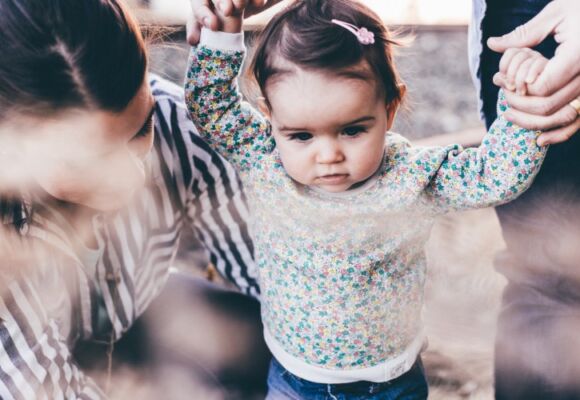When the parents of a child separate one of the biggest considerations that need to be made are what is going to happen with any children that have been born. This can be a difficult time for parents however the child’s safety and well-being should always be placed as a priority when decisions are being made. It is important for parents that things are as clear as possible, especially in this time that can be extremely stressful.
There are four different kinds of child custody that are available – Physical Custody, Legal Custody, Full Custody, and Joint Custody. These relate to aspects such as who the child will be living with and who will make decisions relating to how the child is brought up. It is seen as important for a child to spend as much time with both of their parents as possible, and this along with the need to keep the child safe and well is central to the decision that is made.
Physical Custody
The issue of physical custody relates to the physical place where the child lives on a day-to-day basis. It can be decided that a parent is given either sole physical custody or joint physical custody.
Sole physical custody means that the child will live on a day-to-day basis with that parent. This parent is known as the ‘custodial parent’ but this does not necessarily mean that the other parent will not be able to visit or spend any time with their child. Unless there is a specific reason not to, the other parent will be allowed to spend time with their child. Sole physical custody is becoming more and more common in the UK due to the fact that the Court is looking to reduce disruption to a child’s life and this is often achieved by granting sole physical custody.
Joint physical custody means that the child spends equal amounts of time between both parents. Although this may seem to be the fairest solution, it involves the child moving between two different homes, which can be disruptive for them. This option can be more disruptive for the child and is often, therefore not judged to be the best one. If one parent has sole physical custody of the child, this does not mean that the other parent is necessarily not involved in the bringing up of and important decisions relating to the child, however.
Legal Custody
The term ‘legal custody’ refers to the bringing up of a child. This means making decisions relating to important aspects of the child’s life such as medical responsibility, schooling, and religious upbringing. This is a separate entity to the physical custody of a child, enabling both parents to be involved in important decisions even if they are not living together. As with physical custody, there are two kinds of legal custody – sole legal custody and joint legal custody.
Sole legal custody is a situation whereby all of the responsibility for bringing up the child and making important decisions about their life is made by one parent.
Joint legal custody gives both of the parents the right to make important decisions together. If you have been granted joint legal custody of your child, you must ensure that decisions are made together. If this is not done, your ex-partner has the right to take you to Court to resolve the problem often causing friction between you both, making further decisions more difficult, and often being disruptive for the child.
Full Custody
Full custody is granted when a parent gets both sole physical and sole legal custody of a child. This will normally occur under quite specific circumstances, such as:
- If the court deems the other parent to be unfit to raise the child,
- If the other parent has a history of abuse or neglect,
- If the other parent is in jail or has a criminal record,
- If the other parent struggles to raise the child due to medical reasons.
It is important to remember that the Court would rather have both parents involved in bringing up the child and full custody should only be sought by a parent if they truly believe that it would be in the best interest of the child.
Joint Custody
Joint custody incorporates joint physical custody, joint legal custody (as explained above), or joint physical and legal custody. In the case of joint physical and legal custody an agreement would normally be made that involves both parents splitting the time that they have with their child equally and making decisions together. If parents cannot come to an agreement, the Court will normally impose an arrangement on them which is in in the best interest of the child.
Contact Waldrons solicitors
Here at Waldrons our team of expert solicitors are on hand to speak to you, get in touch today!
More information on Arrangements for Children
Last reviewed on 11/07/23 by Luke Boxall who is a Solicitor and Director
